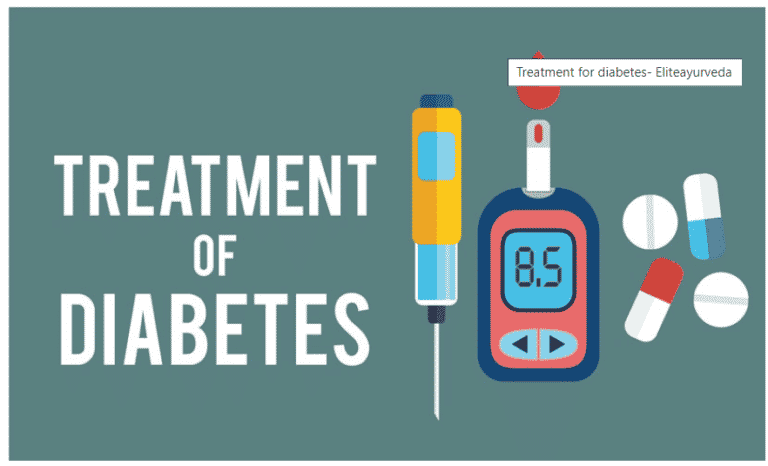Help Your Diabetic Child Prepare Before Attending College
You’ve helped them regulate their diabetes for at least 18 years. Now, they won’t always have you around if they need help. Going to college is already a scary experience, but now your child has to care for themselves alone. In order to prevent serious situations from happening, it’s best to be prepared for the worst. A strong immune system is also a very important factor for optimal health. Here are some ways you can help your diabetic child prepare before they attend college.
Stock Up
Before your child attends college, make sure they have a lengthy supply of insulin. You don’t want them to run out immediately and not have the resources to access insulin quickly. They should have at least 4-6 months worth insulin with them. Along with insulin, it’s smart to stock up on other needed supplies as well. Items like glucose tablets, a blood glucose meter, ketone strips, and monitoring strips are important to your child’s safety. Get your teen a bag to keep all their supplies in that’s easy to bring across campus so they can be prepared for any circumstance.
Consult Your Doctor
Book an appointment with your doctor to discuss what measures should be taken. Listen to their advice, and make sure that your child understands that they must prioritize regulating their diabetes at all times. They will likely provide the two of you with life saving information in the case of an emergency. Discuss with your doctor if you can book appointments in advance. Just in case your child is busy the day of an appointment, it can take place virtually instead. Also see if your doctor can write a note to the University. This will be useful if your child is suffering; if they miss a test, or other important thing, it will be rescheduled for them. The last thing to make sure is completed by the end of the appointment is insulin and other medication refills. Get them to help your child have enough insulin for the start of their college semester. If anything goes wrong, have your doctor on speed dial (your child should have them on speed dial as well) for easy communication,” says Paul Herman, a writer at OXEssays.![]()
Campus Resources
Take the time to ask about and research campus resources. Your child may not know where to go if they need help. If you go on a campus tour, ask information clerks to give you a list of medical resources that are accessible at all times. See if you can connect with an on campus nurse or doctor. It’s also not a bad idea to motivate your child to inform their teachers that they have diabetes. If your child passes out, or feels unwell in class, the teacher will know that it’s because of their diabetes. Assuming your child has some connections to adults who can keep watch on them, you now have to consider their on-campus diet. Find out what restaurants have diabetic friendly options, and see if the campus cafeteria has some as well. Write them a list of comfort foods they eat at home so they know what to shop for. When it comes to parties, advise your child to not drink alcohol because risking their life isn’t worth it. Ensure that your child knows who to contact in a life threatening time, and what food they can access that is suitable for their medical condition.
Strict Schedule
The consistency of your child’s diabetes regulation schedule is crucial to their health. Talk with them, and create a plan so they can feel organized and ready to care for themselves. Even if your child struggles at first due to overlaps in their schooling and extra curricular activities, push them to check their insulin levels before anything else. Their safety is more important than anything related to their school experience. At least a month before they go to college, get your child used to a regulation schedule that should pair nicely with their classes. Once they begin school, check up on them on a weekly basis to see if they are adapting to on-campus diabetes management.
Your child will appreciate you helping them prepare as a diabetic going off to college. They will feel less afraid, and more confident on the measures they need to take to prioritize their life.
Image Credit






